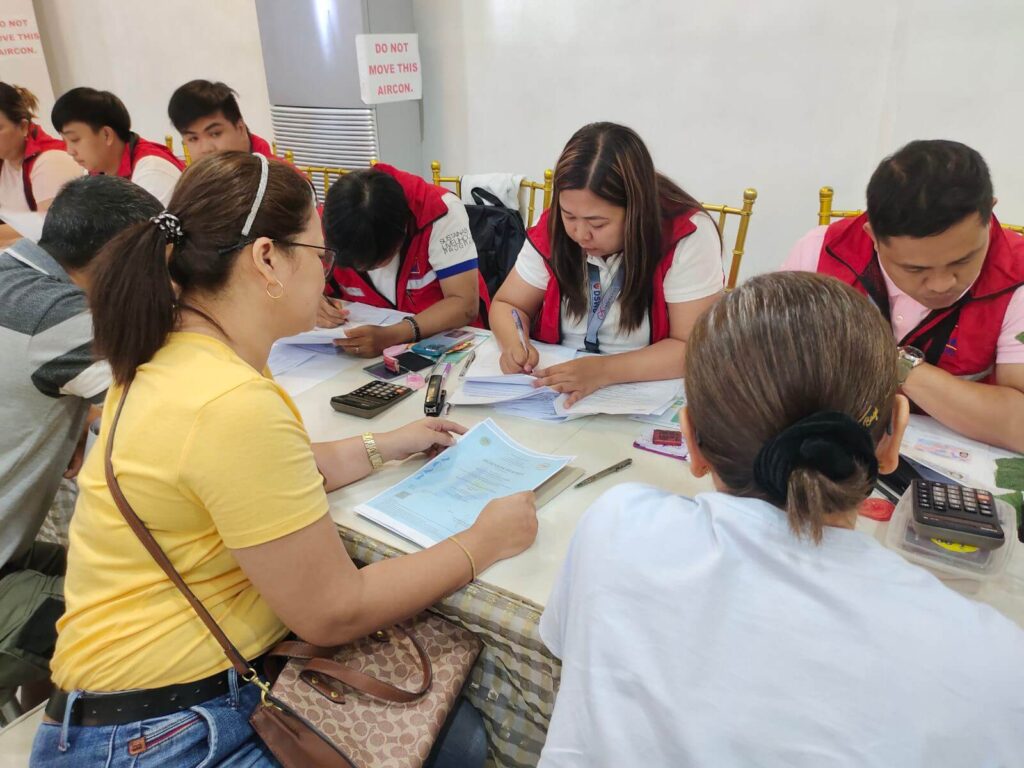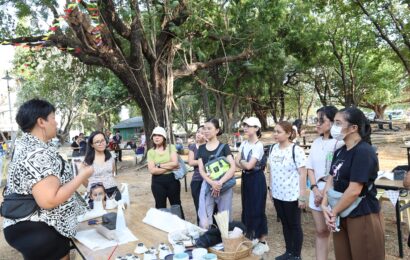
CABANATUAN CITY — A total of 107 micro rice retailers in Nueva Ecija each received P15,000 from the Department of Social Welfare and Development (DSWD).
The aid, under the Sustainable Livelihood Program-Cash Assistance for Micro Rice Retailers, aims to alleviate the losses incurred by retailers who purchased their rice supplies at higher prices before the implementation of Executive Order No. 39, which imposes a price cap on regular milled and well-milled rice.
DSWD Region III Promotive Services Division Chief Vilma Serrano advised the beneficiaries to use the subsidy to yield greater benefits.
She also encouraged them not to let go of their rice vending businesses, but instead, add the received subsidy to their capital to sustain their livelihoods.
Moreover, Serrano mentioned that their department will conduct an evaluation and monitoring to determine how and where the subsidy was utilized.
Out of the initial 139 beneficiaries identified, 107 from 15 municipalities and cities of Nueva Ecija received the cash assistance.
Lourdes Pagaling, a beneficiary from Gabaldon town, expressed gratitude for the cash assistance, recognizing its pivotal role in revitalizing their financial investments and aiding in the recovery of their business.
DSWD collaborated with the Department of Trade and Industry (DTI) on this project.
DTI provided the list of micro rice retailers adversely affected by the rice price ceiling who are eligible for financial assistance.
DTI Provincial Director Richard Simangan explained that priority in this pilot cash assistance phase is given to micro rice retailers in public markets, wet markets, and areas accessible to the general public.
In the following batches, other micro rice retailers, including sari-sari stores, offering regular and well-milled rice will also be incorporated.
Simangan explained that about 2,000 small-scale retailers across 27 towns and five cities in Nueva Ecija are set to receive this subsidy, based on data from the Philippine Statistics Authority (PSA).
However, verification needs to be conducted through the Business Permits and Licensing Offices in respective cities and municipalities.
Simangan noted that their offices are actively confirming potential beneficiaries across the province, using both PSA data and records of registered rice retailers in different local government units.
SOURCE: Maria Asumpta Estefanie C. Reyes PIA3





